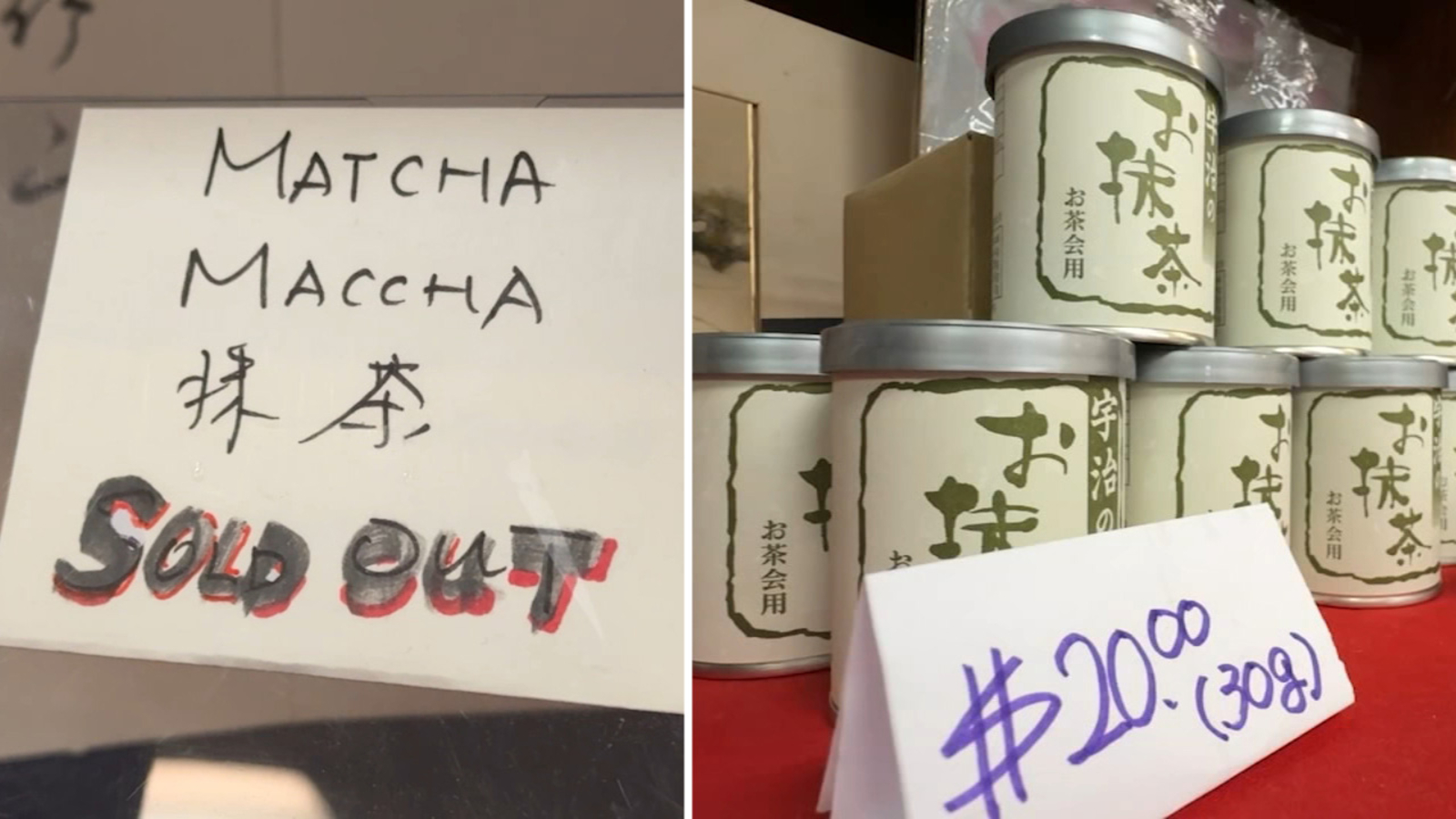
"There's no denying the "matcha boom" in the last two years. Matcha-flavored desserts and drinks are just about everywhere you like. According to data from the Trade Statistics of Japan Ministry of Finance, 78% of all powdered green tea exported from Japan -- which includes matcha powder -- went to the U.S. in 2024. Like anything that comes with high demand, there's also going to be a higher price tag."
"Anne Matsuno owns Kissako Tea, a kiosk also at the Japan Center. She used to sell cans of matcha powder, but stopped recently due to increased demand and pricing. Now, her kiosks only serves authentic matcha tea. With U.S. tariffs on Japanese exports and climate impacts on crops in Japan, Matsuno expects her September shipment of matcha to cost three times her usual price."
""Due to the shortage, we were actually (out) for about a month. We couldn't even receive our shipment of regular matcha to serve the customers," Matsuno said. The Tea House at the Japanese Tea Garden in San Francisco serves matcha tea daily, and so far isn't seeing any impacts. However, tea stores like ChaTo and Asakichi are seeing the highest price increases in decades."
U.S. consumers accounted for 78% of all powdered green tea exports from Japan in 2024, reflecting a significant matcha demand spike. The surge in matcha-flavored products has driven prices upward. U.S. tariffs on Japanese exports and climate impacts on Japanese crops have tightened supply and increased costs for importers. Some retailers have suspended matcha powder sales and shifted to serving prepared matcha instead. Businesses report delayed or canceled shipments and predict shipments costing as much as three times the usual price. Certain tea shops are experiencing the largest price increases in decades, while some institutions serving matcha daily have not yet seen impacts.
Read at ABC7 San Francisco
Unable to calculate read time
Collection
[
|
...
]